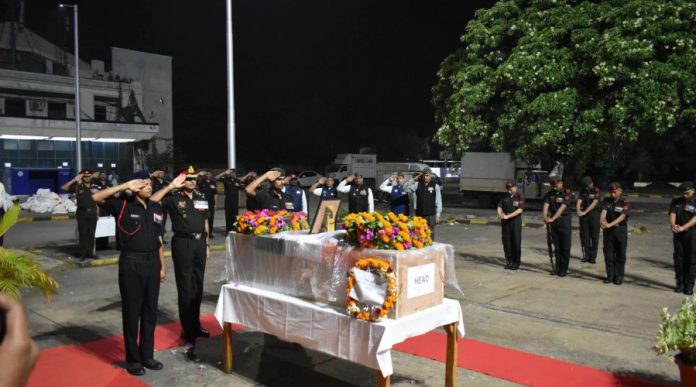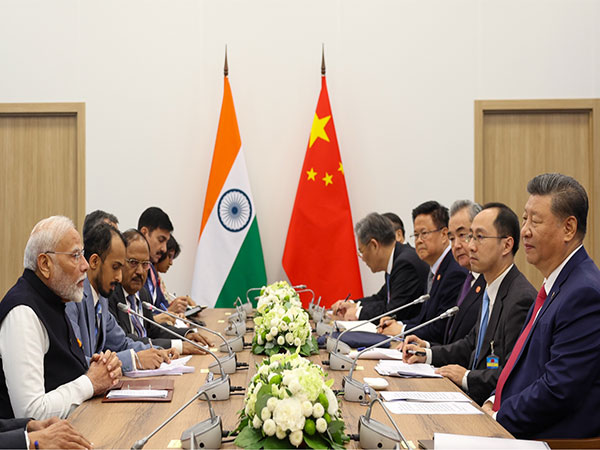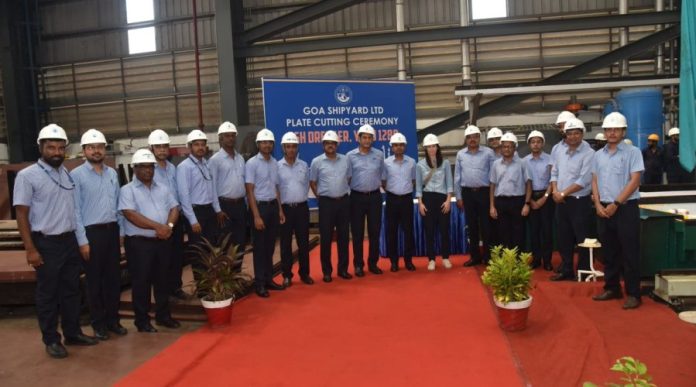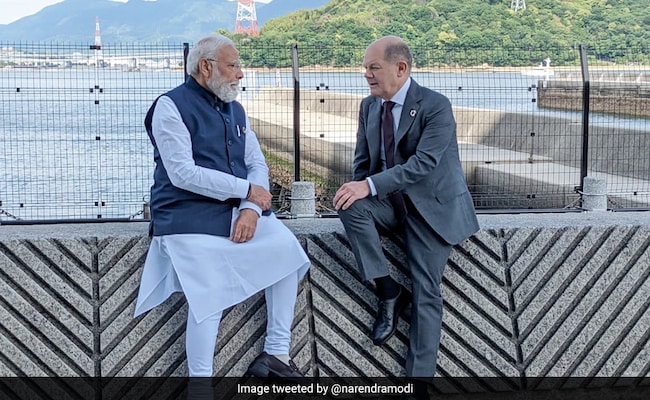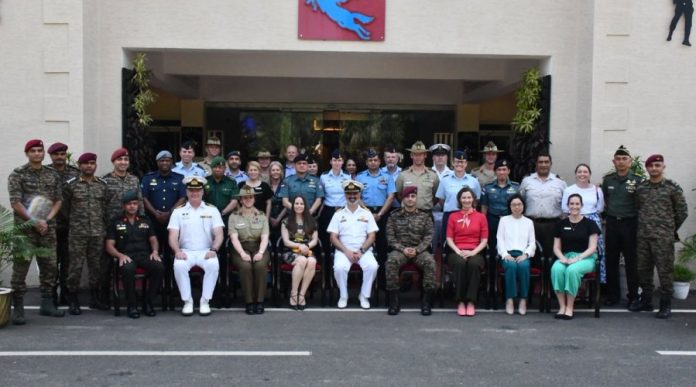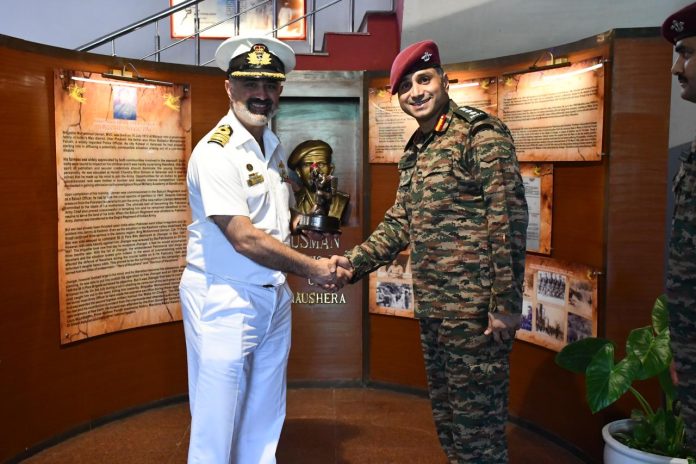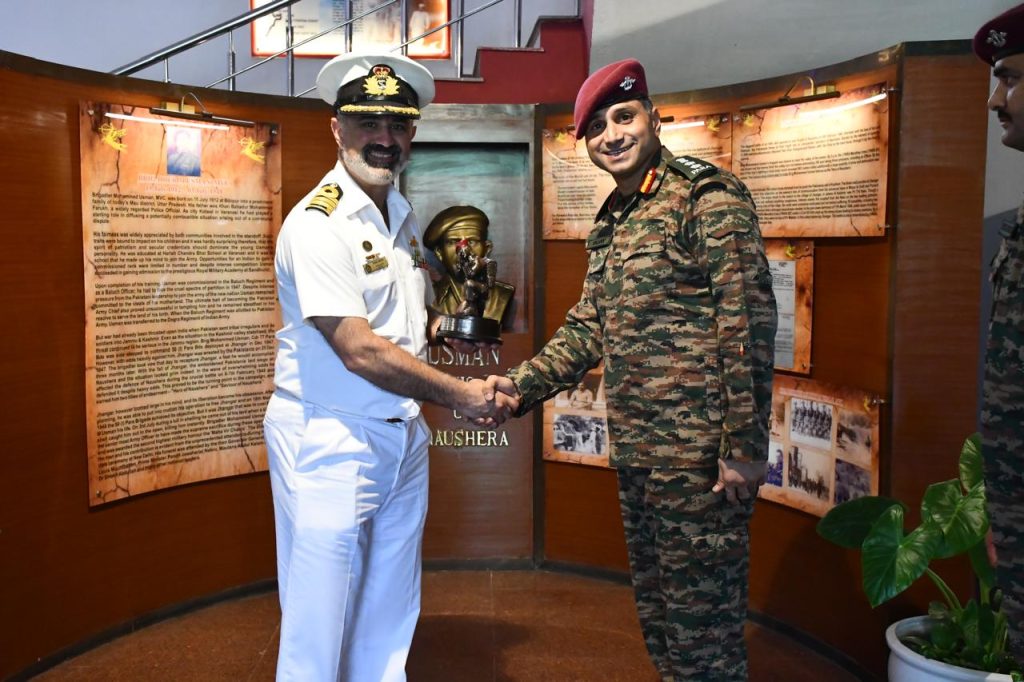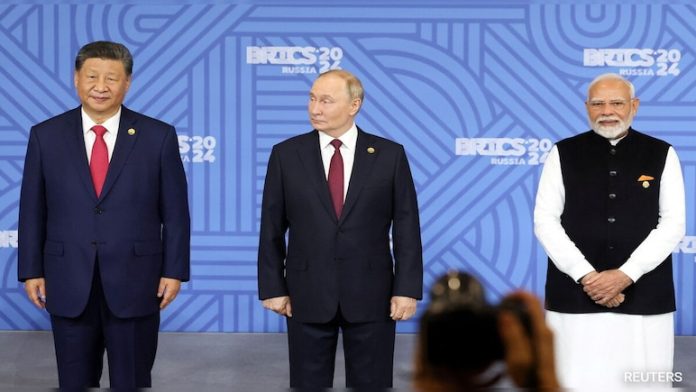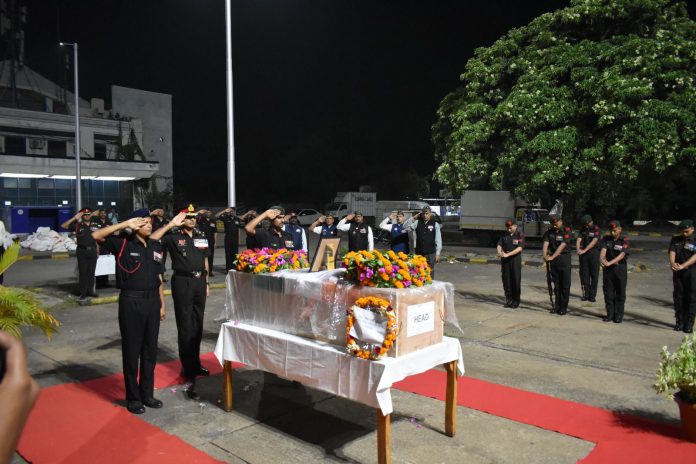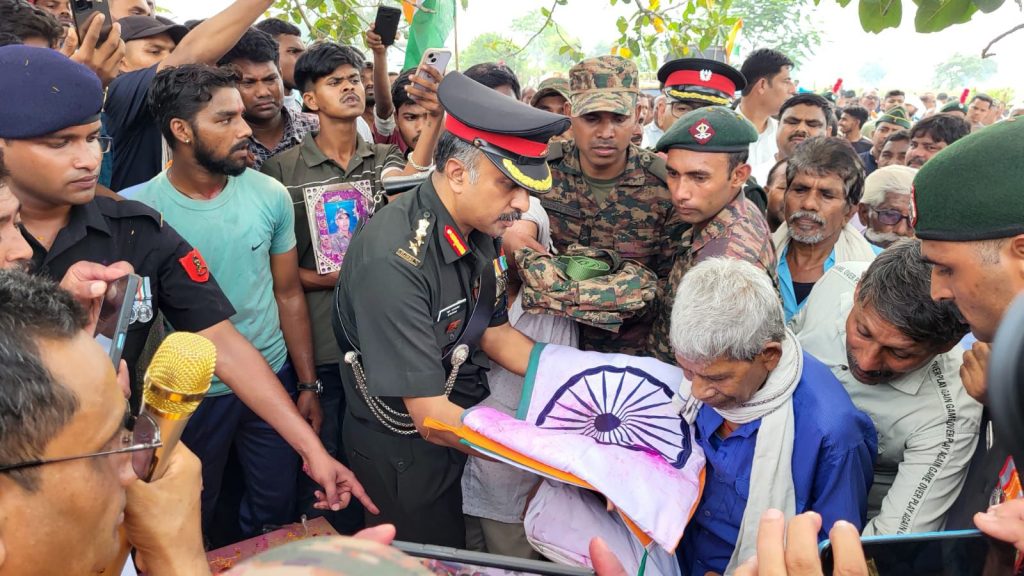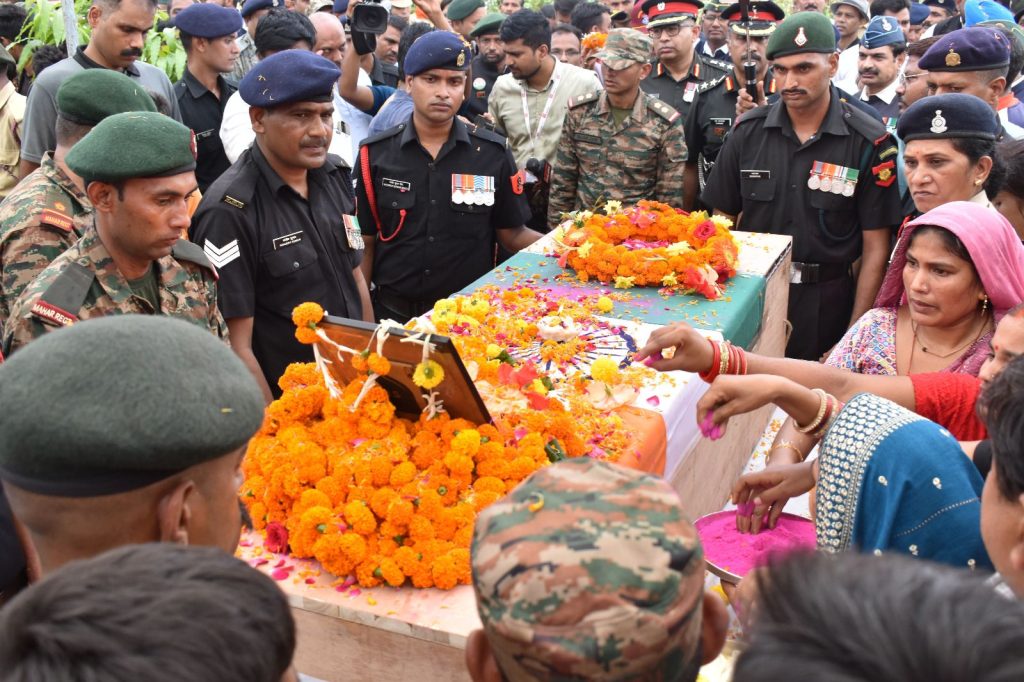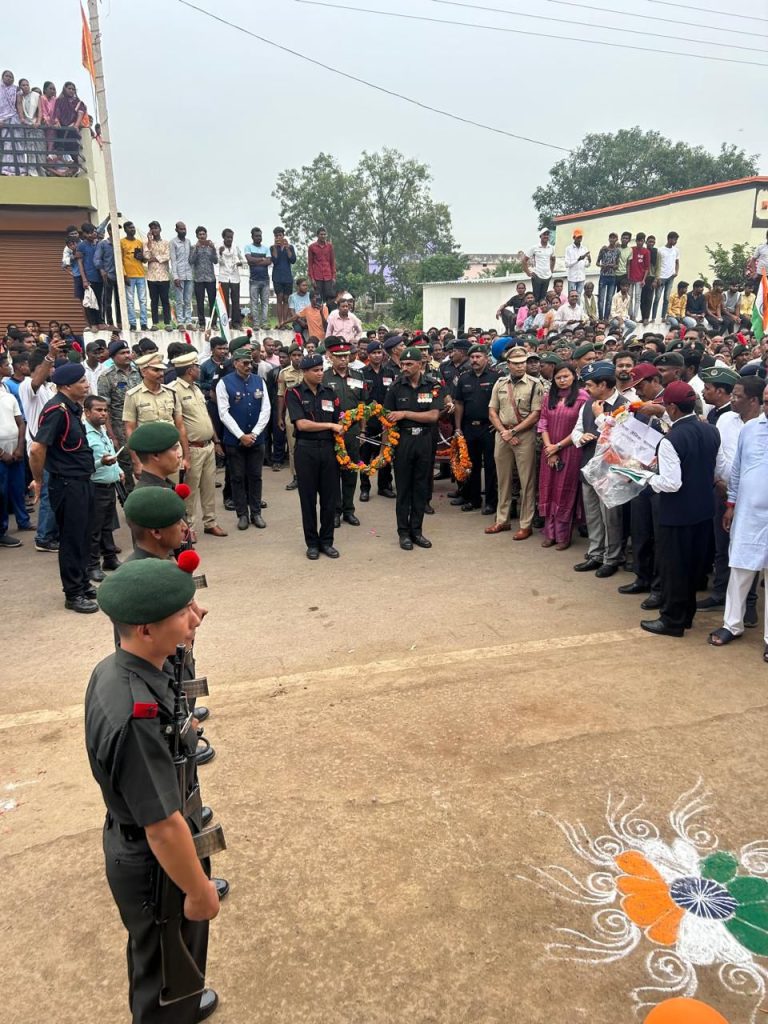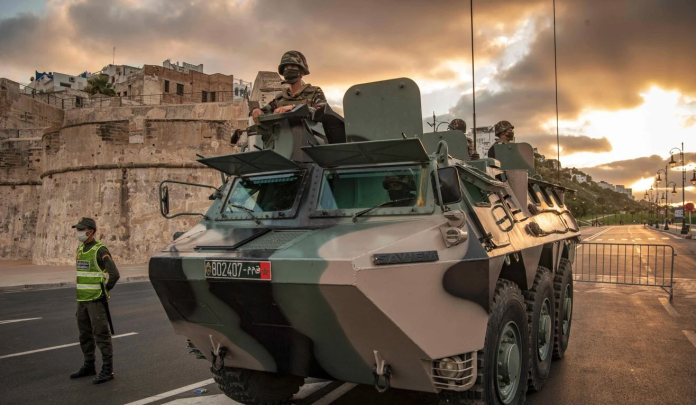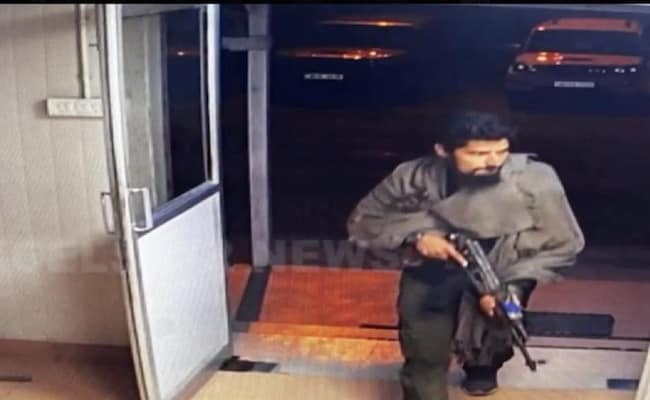Indian Army Honors Lance Havildar Umesh Kumar Sahu in Emotional Ceremony in Kodiya
Kodiya, Durg – In a poignant ceremony held recently, the Indian Army paid tribute to Lance Havildar Umesh Kumar Sahu of the esteemed Mahar Regiment, who made the ultimate sacrifice while serving in Ladakh. The event was attended by a gathering of Army personnel, ex-servicemen, and local dignitaries, all coming together to honor the bravery and dedication of a soldier who laid down his life for the nation.
The ceremony served as a heartfelt reminder of the courage exhibited by Indian soldiers who diligently protect the country’s borders. Friends and comrades reflected on Lance Havildar Sahu’s selflessness, emphasizing the sacrifices made by the armed forces to ensure the safety and security of the nation’s citizens.
Lance Havildar Sahu’s connection to the Mahar Regiment, which boasts a storied history dating back to the British Indian Army, highlights the rich legacy of valor and resilience within the unit. The regiment has a notable history of participation in multiple conflicts, further establishing its reputation for bravery.
The Kodiya ceremony underscored the nation’s profound respect and gratitude towards its soldiers. The presence of military personnel, veterans, and civil officials highlighted a collective sense of loss and a united commitment to honoring the sacrifices of the armed forces. As the community remembers Lance Havildar Sahu, they reaffirm their dedication to supporting all those who serve in the defense of India.

